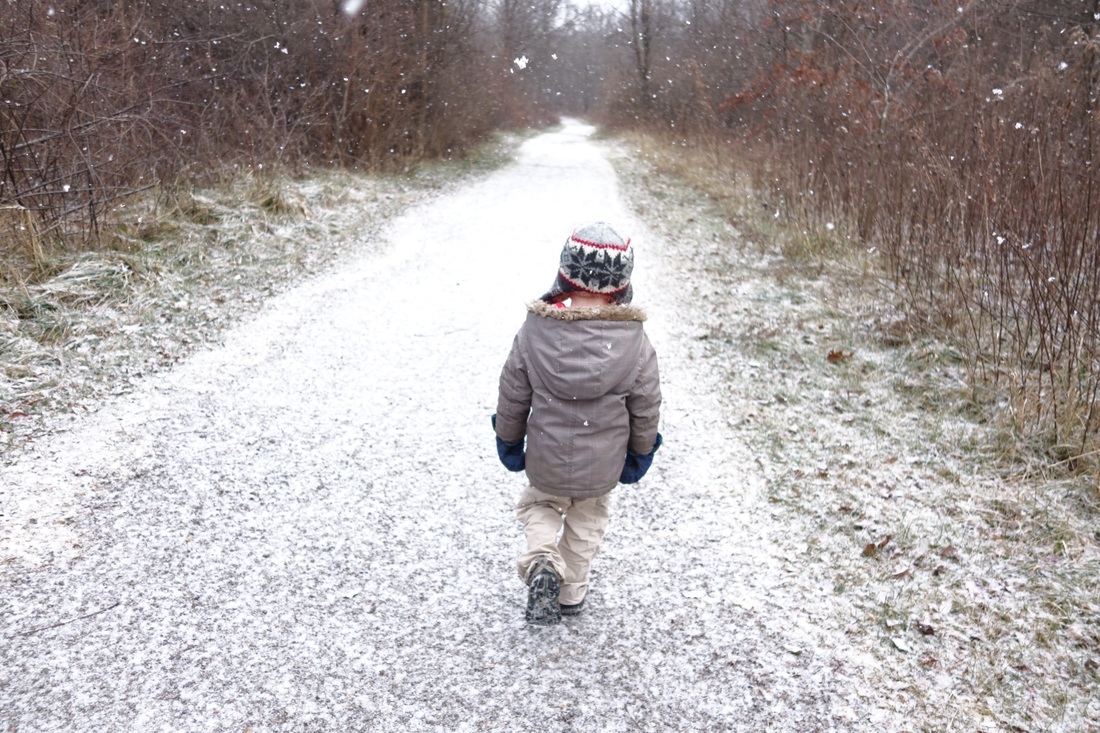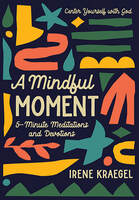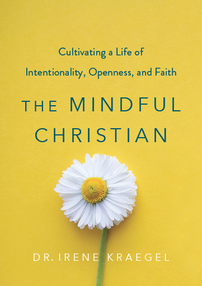|
It's a snowy day, frigid cold, and the wind is flailing icy flakes against my face. I walk quickly along the sidewalk, shoulders hunched over, chin tucked down into my scarf, hands shoved into my pockets. Arriving at the bus stop, I huddle with the other passengers as we wait for our ride. We all turn our heads to the left, staring intently at the point in the road where the bus will first be seen, as if we can will the bus into being just with the intensity of our gaze. My mind inevitable wanders to all the other things I could be doing with this time of waiting, finding opportunity to berate myself for not getting life quite right. Despite all the challenges, this is a familiar scene to me, comforting in its commonness. I often chuckle during these wintry busing experiences at the wasted effort. The quick walk, the hunched shoulders, the tucked chin, the shoved hands, the eyes searching for the bus -- the strain. These auto-pilot reactions of my body (often with auto-pilot thoughts of "this is miserable, I've gotta' get out of this") actually do nothing to reduce the unpleasantness of my experience. They simply increase the strain. So now I am cold AND physically tense, guarded against the mild unpleasantness of cold weather and unpredictable transportation with enough force to stop a mac truck. My mind's wandering through the other places I can be does nothing to change the reality that I am HERE. It simply adds unhappiness to my experience, a sense of dis-ease. A strain. This strain, this wasted effort, is ubiquitous in our human experience. We tense ourselves in resistance to all types of mild (and major) discomforts, real or imagined. In doing so, we add to our suffering unnecessarily. When I practice yoga, I find muscles contracted that have no role in a pose. When I lay awake on a sleepless night, I find my forehead creased with tension. When my child acts up in public, I find my mind fixated on what his next behavior will be. When my spouse appears tired, I find my defenses on high alert because he might be mad at me. These are all real-life challenges that only become more challenging through my resistance. In some ways, these are challenges largely because of my resistance.
Mindfulness meditation gives us an opportunity to notice the resistance to our experience, to notice the strain. Occasionally that strain is helpful. More often, it's not. And we can choose to let go of the strain against how things are. We can choose to be friendly with our life experiences exactly as they are, to be open to ourselves exactly as we are. I can't control the wintry weather, but I can choose to walk with my shoulders relaxed and my head high, with my hands at my sides and my thoughts curious about the moment. Will I be any less cold? Probably not, but I certainly won't be any colder. And having given up the strain, I will be giving myself a chance to enjoy the moment given to me by God. Yes, our God dwells even in the icy snow flakes and winter winds -- there is nowhere we can go from his presence (Psalm 139). So let's be mindful of the resistance, let go of unnecessary strain, open ourselves up to the moment, and see if we catch a glimpse of God in what we find there.
2 Comments
|
Author
I am Irene Kraegel. I am licensed as a clinical psychologist and teach mindfulness on a faith-based university campus. I practice mindfulness because it opens me up to God (a.k.a. brings joy). I am writing here in hopes of sharing some of my experiences and thoughts related to the practice of mindfulness in the life of a Christian. Thanks for reading! Books
Blog archives
December 2023
|






